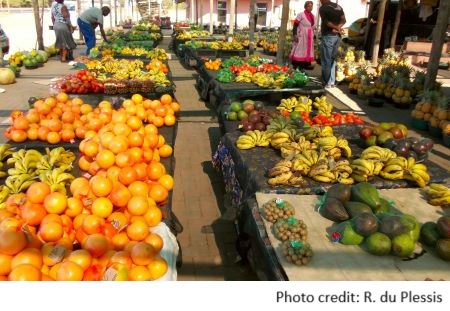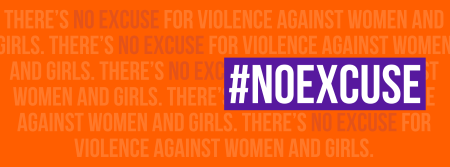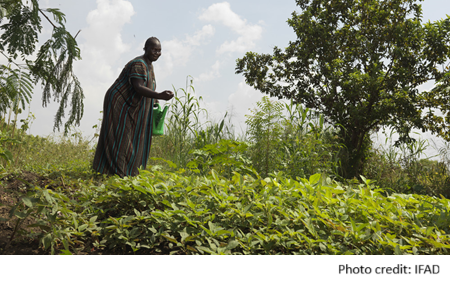
Although education is a fundamental human right, 30 million children in sub-Saharan Africa are not in school, and the majority of these are girls. Education empowers women and girls, improves incomes, contributes to good health, reduces the likelihood of child marriage, and serves as a driver for economic development.
Grandmothers in Africa know the importance of education. And it is why GRAN advocates to Canadian and international governments and works with national and international organizations to promote quality and equitable education. This goal recognizes the importance of education in humanitarian, emergency, and protracted crises, the need for safe schools and to ensure that learning opportunities are available for people of all ages.
GRAN, along with a coalition of civil society organizations, successfully advocated for the Canadian government to meet its pledge of $120 million over four years to the Global Partnership for Education (see below). While pleased at this pledge, GRAN is monitoring the declining amount of Official Development Assistance that Canada provides and the disproportionate impact of these cuts to education.



